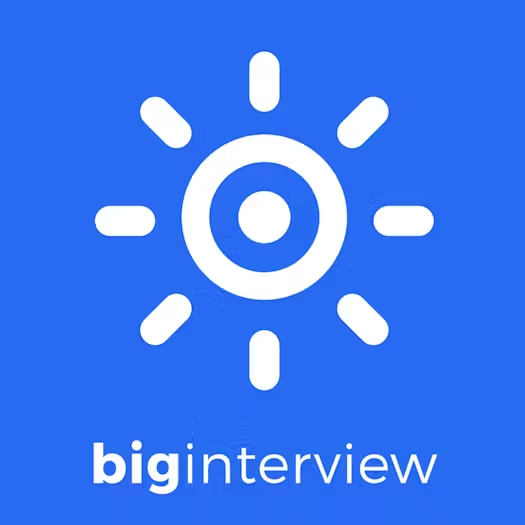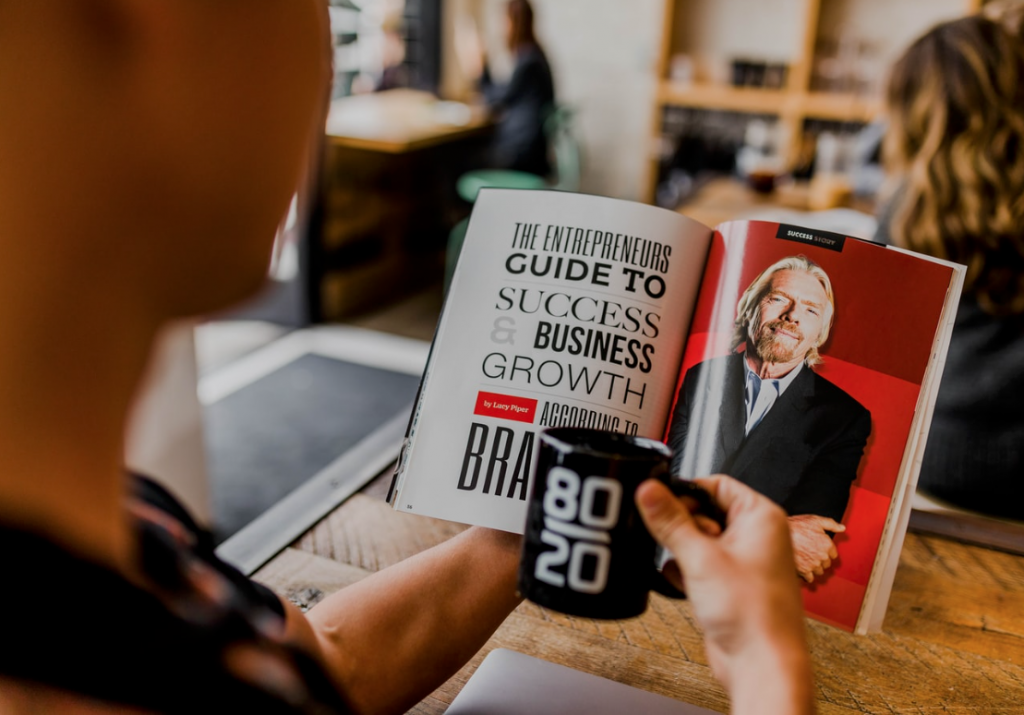Question 1: Tell me a little about yourself?
This is a very open question but it is important to be succinct in your answer. Focus on the key points you want to make about yourself.
A starting point might be ‘I am currently a level two History student, I chose History because I really enjoyed the subject and knew that the course would further develop my communication and analytical skills and I believe these skills are useful for lots of different jobs roles.’ When interviewing for a specific job, you would cite skills that you feel you have/can evidence and are relevant to the job role
You might then go on to talk about what you do in your spare time/extracurricular activity (if interesting or appropriate) or elaborate a bit more on your degree. If you have a part time job or have undertaken any voluntary work then again this is a good opportunity to mention them briefly.
In many ways this questions allow you to provide a brief summary of your CV. The important point though is to draw out the skills you have gained from experiences and relate them to the job role. You might want to end by expressing your interest in the position you have applied for, having already showcased the skills you have that relate to the role.
Question 2: What skills and abilities do you have which you believe make you a good candidate for the position you are interested in?
In answering this question it is vital to show a good understanding of the position you have applied for (your pre-interview preparations in reviewing the job and person specification will be important in helping you to answer this type of question).
Demonstrate that you meet the criteria set out on the Person Specification: So for example if team work is mentioned on the Person Specification you might want to begin to answer this question by stating ‘I believe I have the right skills and abilities for this position because I work really well in a team environment and I know this is a key aspect of the job role.’
Expand on this introduction by specifying what you understand those skills and abilities to be and give examples from both your degree and extra-curricular experience of how you have utilised these effectively in the past.
Example: If team work is an important skill in job role: detail your team work experience and how you acquired it – perhaps you have experience from your part time job, DegreePlus and/or degree. It is advisable to touch upon all the main skills and abilities associated with the role.
Question 3: Can you give an example of a project that you did at University, what problems you encountered and how you overcame these?
This is a competency-based question and most interviews will feature at least one of these. They are usually recognisable as they tend to begin with ‘Can you give an example of a time when…….’, ‘Can you tell me about a time when…….’ or ‘Describe an occasion when……….’ Competency based questions are used by employers to establish if you have the skills they are looking for.
They therefore use these questions to get an indication of a time when you have used a skill in the past – employers believe this is a good indicator of future performance. So for example in the question above they will be trying to establish if you are good at overcoming obstacles and problem solving to reach an end goal.
The key to answering these questions is to provide a specific example of a time when you have demonstrated a particular skill. Do not generalise. Avoid speaking generally about your skill by using the S.T.A.R. acronym to answer this question –
S. – Situation. Briefly describe a situation that you have been involved in that demonstrates the required competency
T. – Task. Describe the task you had to complete
A. – Action. Describe the action you took and keep the focus on you. Even if you are discussing a group project, describe what you did, not the efforts of the team R. – Result. What was the outcome? What did you accomplish? What did you learn?
For all interviews it is advisable to prepare answers using the STAR acronym for each of the skills or competencies listed on the Person Specification. The experiences you draw on to provide your examples can come from a wide variety of sources – academic work, part time jobs, voluntary roles, sports or any extra-curricular activities.
Question 4 : Can you tell me why you are interested in this role or sector and what experiences you have that are relevant to it?
This is a great opportunity to demonstrate enthusiasm for the position you are interested in. Employers love to see passion and enthusiasm so endeavour to get this across. This question is also an opportunity to demonstrate your knowledge of the job role as laid out in the Job Specification and your understanding and knowledge of the wider sector.
It is therefore advisable to research the sector thoroughly and have a clear idea of what the job role actually involves as part of your interview preparation. So for a role in the care sector you might want to begin to answer this question by saying ‘I am really interested in this position because I love working with people and I want to work in a role where I can have a practical, positive input every day. I can see this happening in this job because……’ You might then go on to demonstrate your knowledge of the job role as laid out in the Job Specification and your understanding and knowledge of the sector in general.
You should conclude your answer by mentioning previous relevant experience you have. Where you do not feel you have relevant experience instead draw on the skills you have that demonstrate that you are well equipped to carry out the requirements of the role.
Question 5: Lastly, can you tell me why we should hire you, rather than another candidate?
Again this question is a great opportunity to show the employer how much you want the job and to once again demonstrate that key attribute – enthusiasm!
This question provides you with an opportunity to summarise the skills and experience you have allowing you to demonstrate to the employer that you are the right person for the job.
It is also a fairly open question so if you feel you haven’t been able to mention other experiences or skills that might make you stand out then this is the opportunity to do it. Make it clear to the employer that you are a very good fit for the Person Specification that they have set out.
This is your chance to really sell your skills so make sure you do and finally remember to tell them how much you want the job and how much you want to work for this particular employer.
Access the virtual interview tool in MyFuture



















